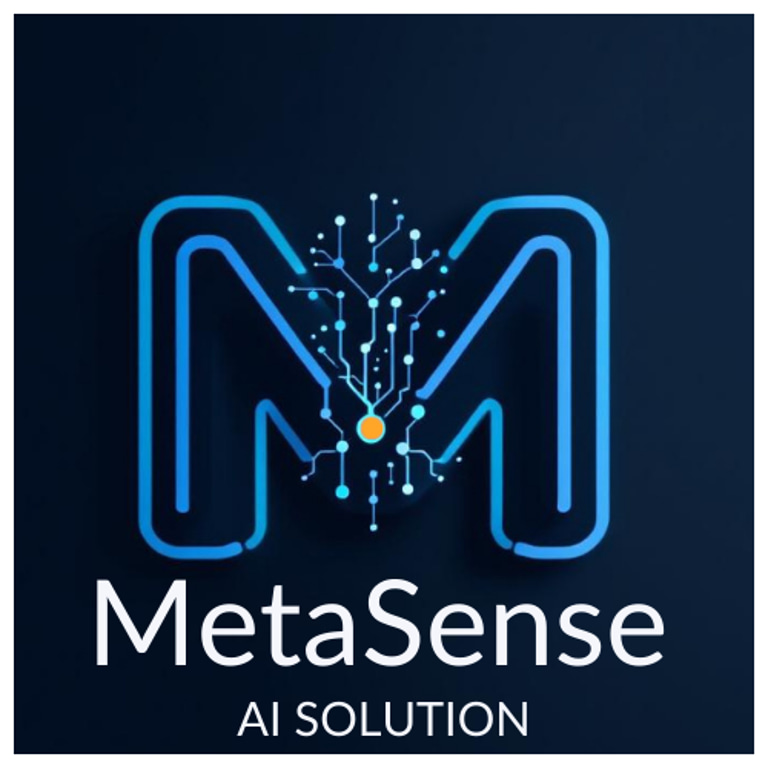Will Machines Replace Humans? An Optimistic Perspective
Machines won't replace humans but assist them by automating repetitive tasks, allowing focus on higher-value activities. Key human skills like empathy and creativity remain irreplaceable. Embracing change and learning to use AI tools is essential to thrive in this evolving landscape.
1/23/20252 min read


Will Machines Replace Humans? An Optimistic Perspective
Artificial intelligence (AI) is a fascinating and, for many, sometimes worrying topic. Automation also raises major questions. For instance, will a robot one day fix my leaky faucet or take care of my baby while I’m at work (if I still have a job)? And if I lose my job, how will I meet my needs? Universal income, diversifying my activities, or contributing to the organization of AI... These are all questions worth reflecting on. Over the past few years, this technology has disrupted how we work, learn, and even consume. One recurring question is, "Will machines replace humans?" Rather than sinking into pessimism, let’s focus on the opportunities ahead.
Machines Don’t Replace Humans—They Support and Free Them
Contrary to what some predict, machines are not destined to push humans aside but rather to assist them, increase their efficiency, and free them from repetitive tasks. For example, tools like ChatGPT, MidJourney, and automated management software enable professionals to save valuable time on repetitive tasks. An independent administrative assistant can use AI to automate invoice sending or organize complex schedules. The result? More time to focus on high-value tasks, such as advising or building client relationships.
Human-Machine Collaboration: Real-Life Examples
Let’s look at a few practical cases across various industries:
Construction and Craftsmanship: Contractors in the construction sector can use tools to optimize site management, reducing errors.
HORECA and Wellness: Restaurant owners integrate data analysis systems to adjust menus based on trends or use chatbots to handle reservations.
Accounting and Administration: Independent accountants and secretaries can rely on tools capable of creating automated financial reports, allowing them to focus on fiscal consulting.
Why AI Will Never Replace Humans
Some fields will always require a strong human touch. Machines excel at data analysis but lack empathy, creativity, and intuition. These human qualities are crucial in fields like coaching, psychology, or teaching.
Moreover, AI is built on algorithms created by humans, meaning it is limited by human innovation. This is where education and training come into play: to stay ahead, professionals must understand the basics of these technologies and learn how to use them.
Learning to Master Machines Before They Replace Us
The future belongs to those who embrace change. Rather than fearing AI, why not equip yourself with the skills needed to harness it?
For small businesses: Training on tools like Zapier, n8n, or Notion can help automate processes without requiring advanced technical skills.
For freelancers: Learning to use AI for data analysis, content creation, or client interaction is a significant advantage.
For everyone: Curiosity and continuous learning are the best defenses against professional obsolescence.
Conclusion: Embrace Augmented Intelligence
The question is not whether machines will replace humans but how humans can use machines to outperform themselves. SMEs, small businesses, and freelancers who adopt AI to reduce administrative burdens or boost productivity stand to benefit immensely.
At MetaSense AI, we believe the future belongs to those who dare to learn and innovate. Contact us today to discover how we can help you navigate this transformation and make AI your daily ally. Master the machine before it masters you!


